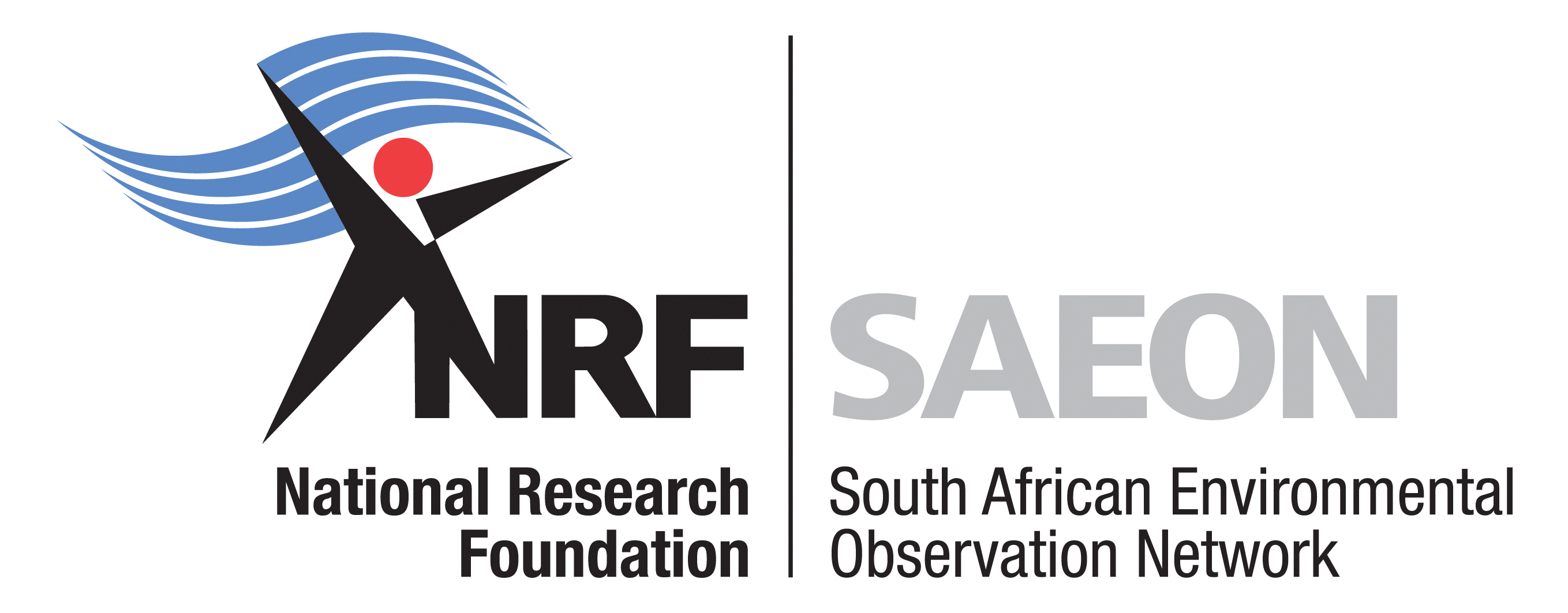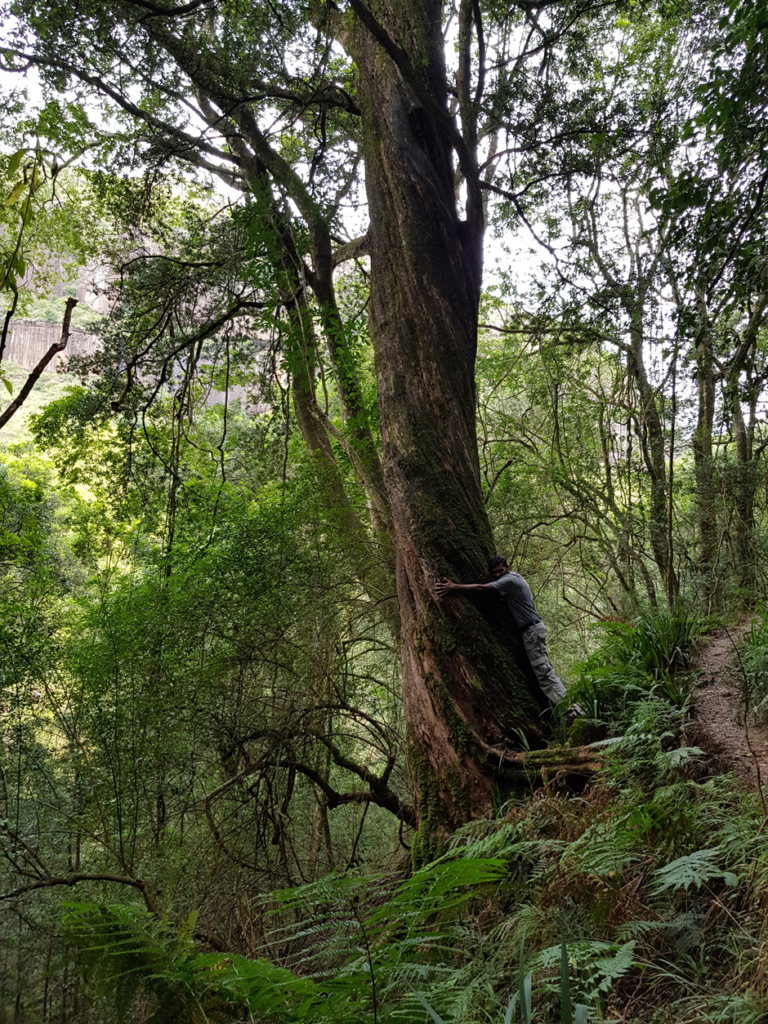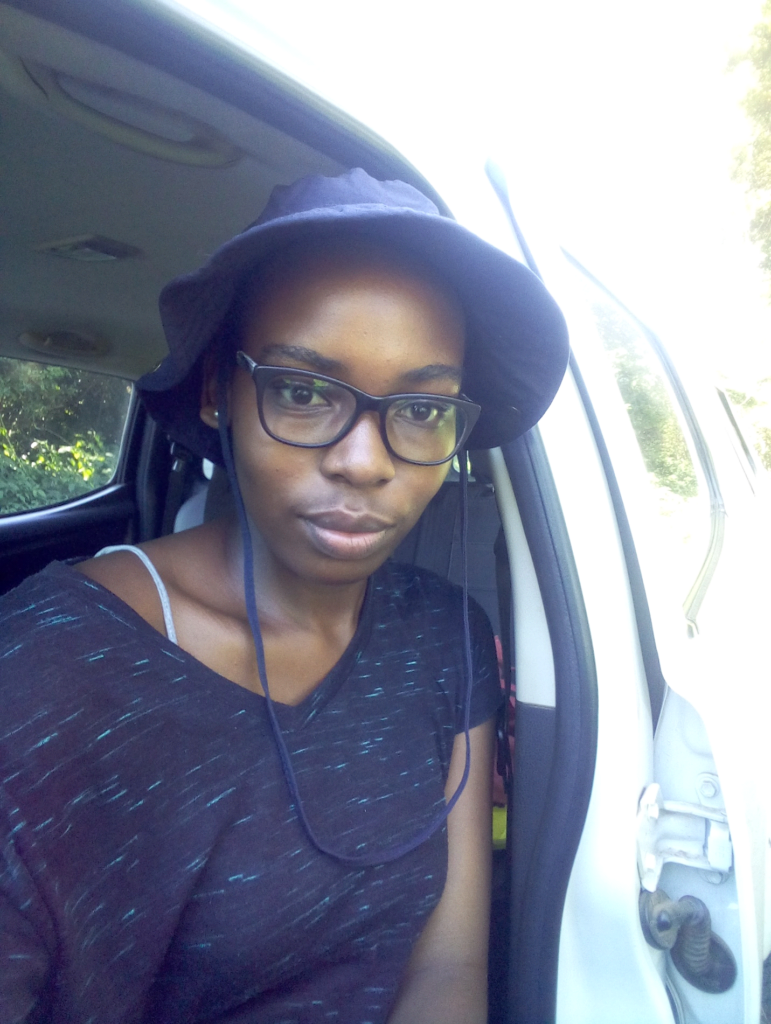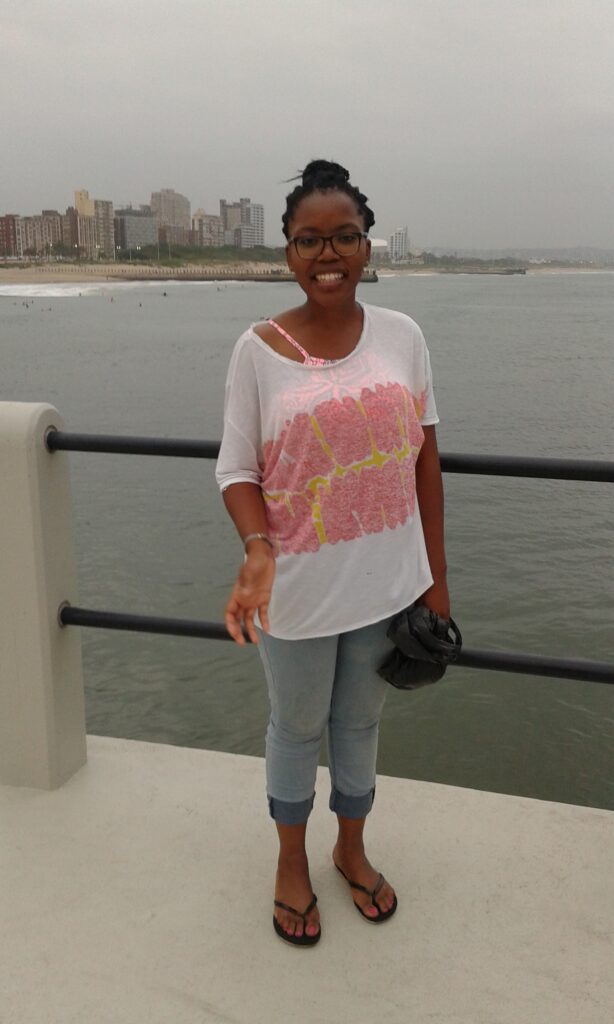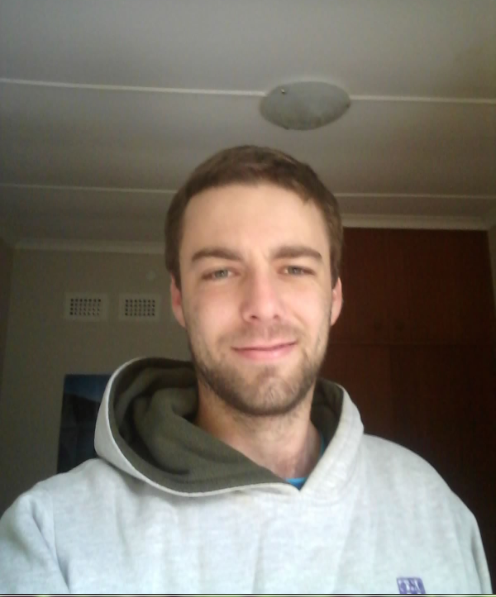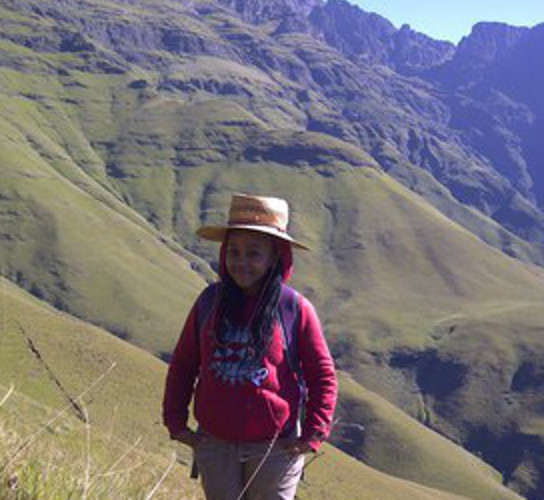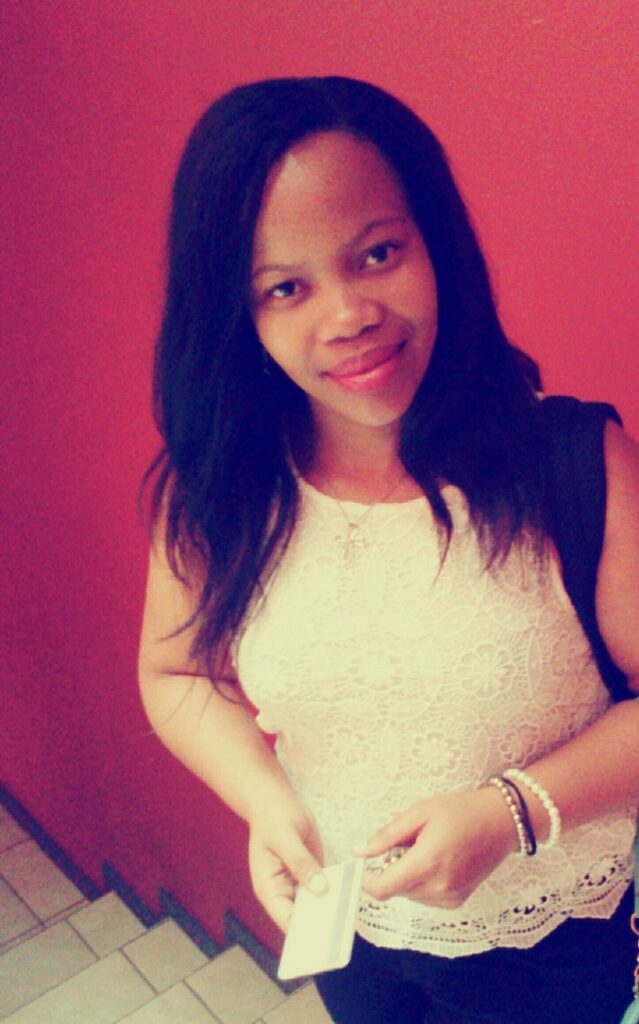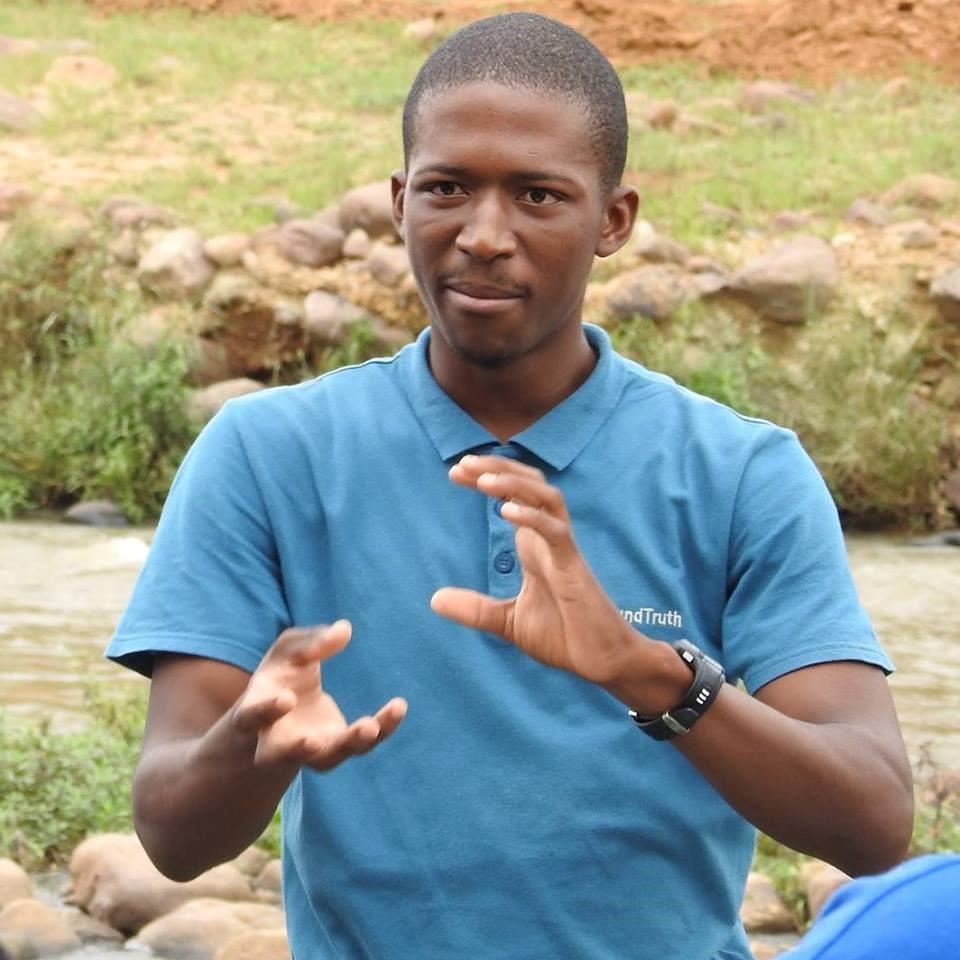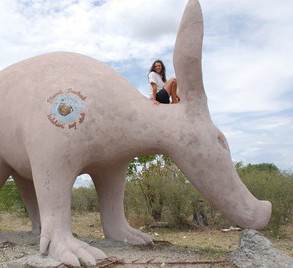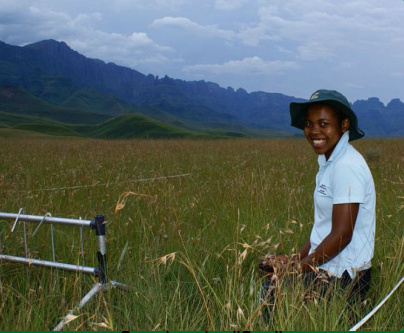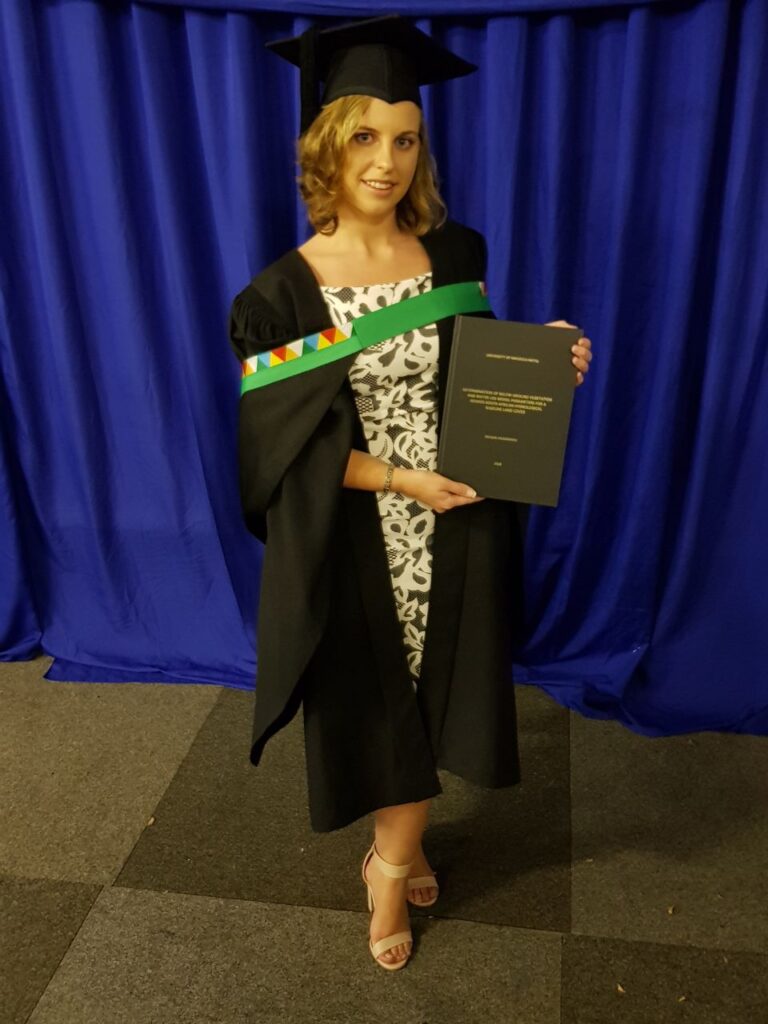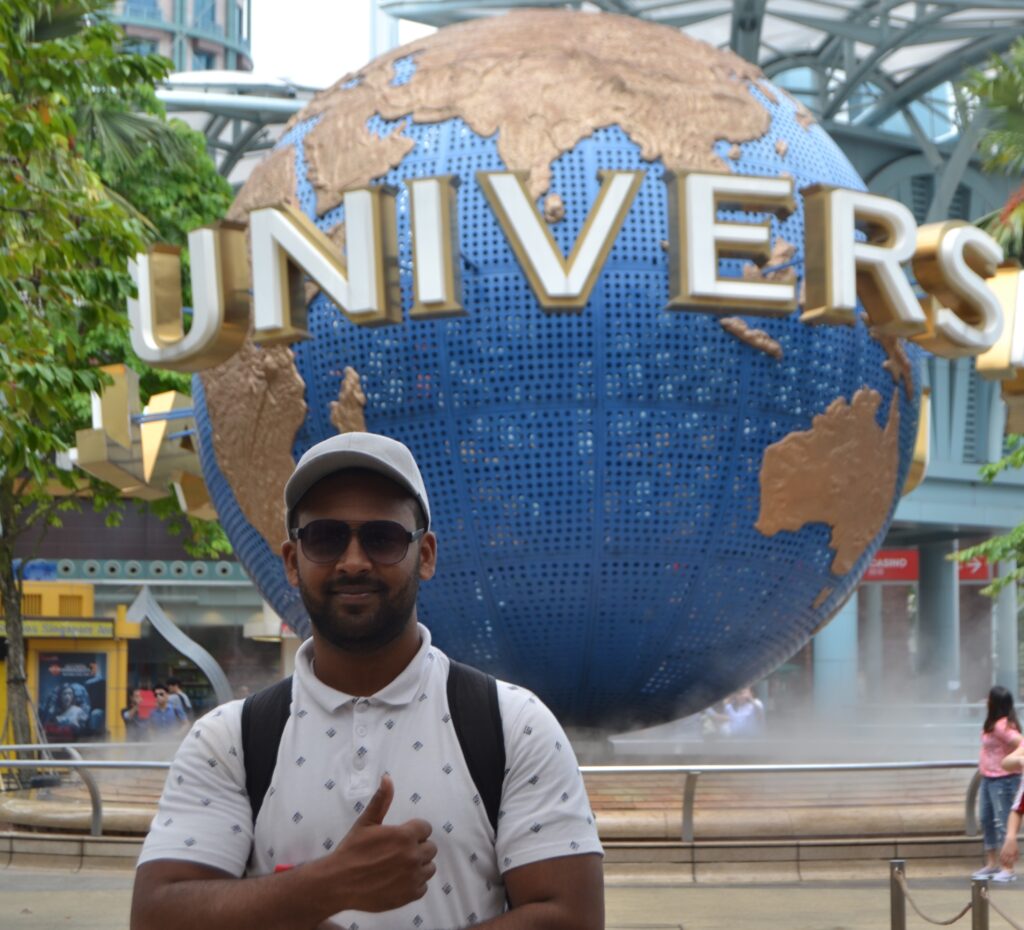
Jeremy Moonsamy – DST-NRF Intern
I am a BSc (Hons) graduate in Hydrology, currently completing my MSc in Hydrology with the University of KwaZulu-Natal.
My MSc research assessed the water use of natural vegetation in South Africa, using remotely sensed data. Under the supervision of Dr. Michele Toucher, we used satellite imagery and the SEBS model to estimate evapotranspiration and subsequently calculate water use coefficients, over all the naturally vegetated areas in South Africa.
During my internship here at SAEON (2019/2020), I hope to learn as much as possible and improve my knowledge and skills in the technical field. I have a keen interest in learning how to set up, deploy, operate, maintain and trouble shoot various types of equipment. I would like to assess the methods and systems used to set up and operate equipment.
This may help to possibly find ways to streamline and improve these systems. I would also like to tie my studies in Hydrology with technical aspects. My MSc dissertation was a desktop based study. This is why I am quite keen on being exposed to more ground/field methods, using cross disciplinary work which will allow me to expand my hydrological knowledge into evapotranspiration and carbon field studies.
My purpose and aim for my chosen field is to eventually be able to make a positive difference to the water sector of South Africa and provide better water and services for our people.
